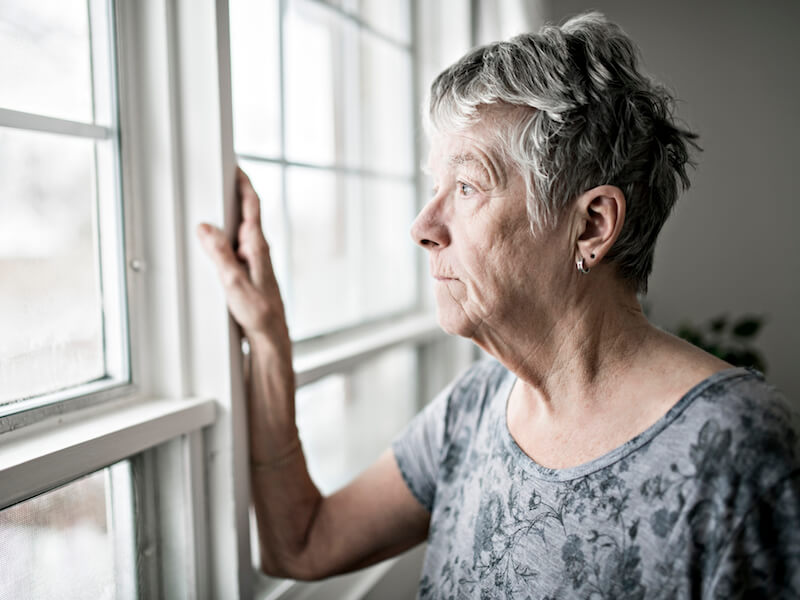
As we age, the chances increase that we will have to cope with hearing loss. Millions are coping with some degree of hearing loss. But typically, seven or more years go by after the initial symptoms show up before people get assistance.
Many older adults decide to ignore their hearing loss, which can negatively impact their social lives. Withdrawing from social situations because it’s hard to communicate and continuously asking people to repeat what they said are typical warning signs.
You recognize your hearing is important. We’re strengthened by our ability to hear. With it, we can hang out with friends, work, and communicate with people we love. It also keeps us safe and connected with the outside world. Even your ability to relax is affected by your hearing. It’s unfortunate that we so frequently take our hearing for granted.
So when your hearing declines, and if you’re like most people, it will, you’ll feel it physically and emotionally. Your overall quality of life will be impacted. Solitude is also a big risk with hearing loss
For these reasons, it’s essential to recognize the early indications of hearing loss so potential treatment options can be considered. Most kinds of hearing loss, luckily, can be treated. If you’re struggling with hearing loss and are distressed about missing important discussions, you should consult with a hearing specialist in your area immediately. Doing so will help you decide if your type and level of hearing loss can be effectively treated with hearing aids.
For those dealing with age-related hearing loss, research has shown that using hearing aids has many advantages, including improvements in the ability to hear in social scenarios and interacting with others. Hearing aids make it easier for older adults to maintain their regular activities and socially interact with friends, family members, and the other people with whom they communicate each day.
Based on studies carried out at Johns Hopkins University, hearing loss has been associated with numerous health problems from mental sharpness, memory loss, depression, as well as a higher danger of getting Alzheimer’s. These health concerns can be prevented by treating hearing loss.
Personal relationships, especially with friends and family, rely heavily on communication. Frustration and miscommunication between friends and family are often the result of loss of hearing.
Hearing loss also presents safety challenges. Wearing hearing aids ensures that you will be capable of responding to essential sounds and alerts that occur in your everyday life, such as sirens, alarms, cell phones, oven timers, doorbells, car alarms, and horns, as well as other traffic noises that identify on-coming traffic.
If you make mistakes at work and lose details it can have a major impact on your income but wearing hearing aids can help you tackle these difficulties.
Family members can be of great help to an older adult with hearing impairment, but it’s also imperative that the person with hearing loss takes the initiative. If you are experiencing hearing loss, you need to undergo hearing a test and commit to treatment (like using hearing aids regularly), so you can once again hear all the sounds and conversations that are significant in your day-to-day life. Knowing that you are not on your own can be very beneficial. With assistance from family members, hearing professionals, and hearing aids, you can avoid feelings of solitude and once again socialize with your cherished friends and family members.